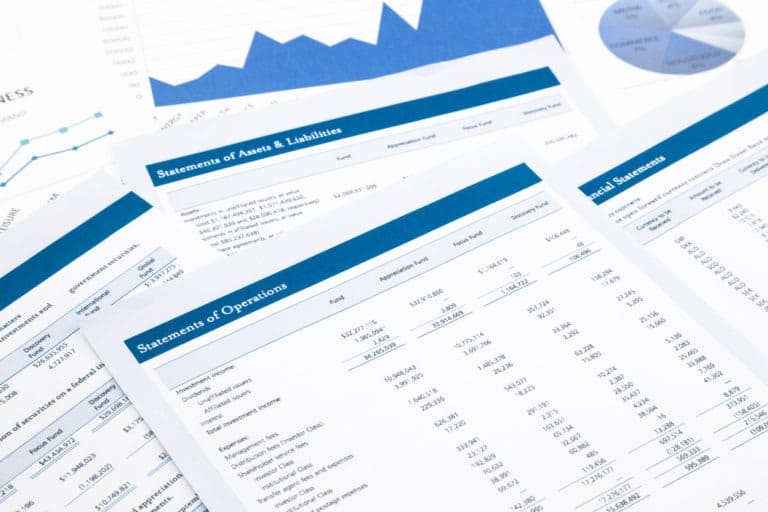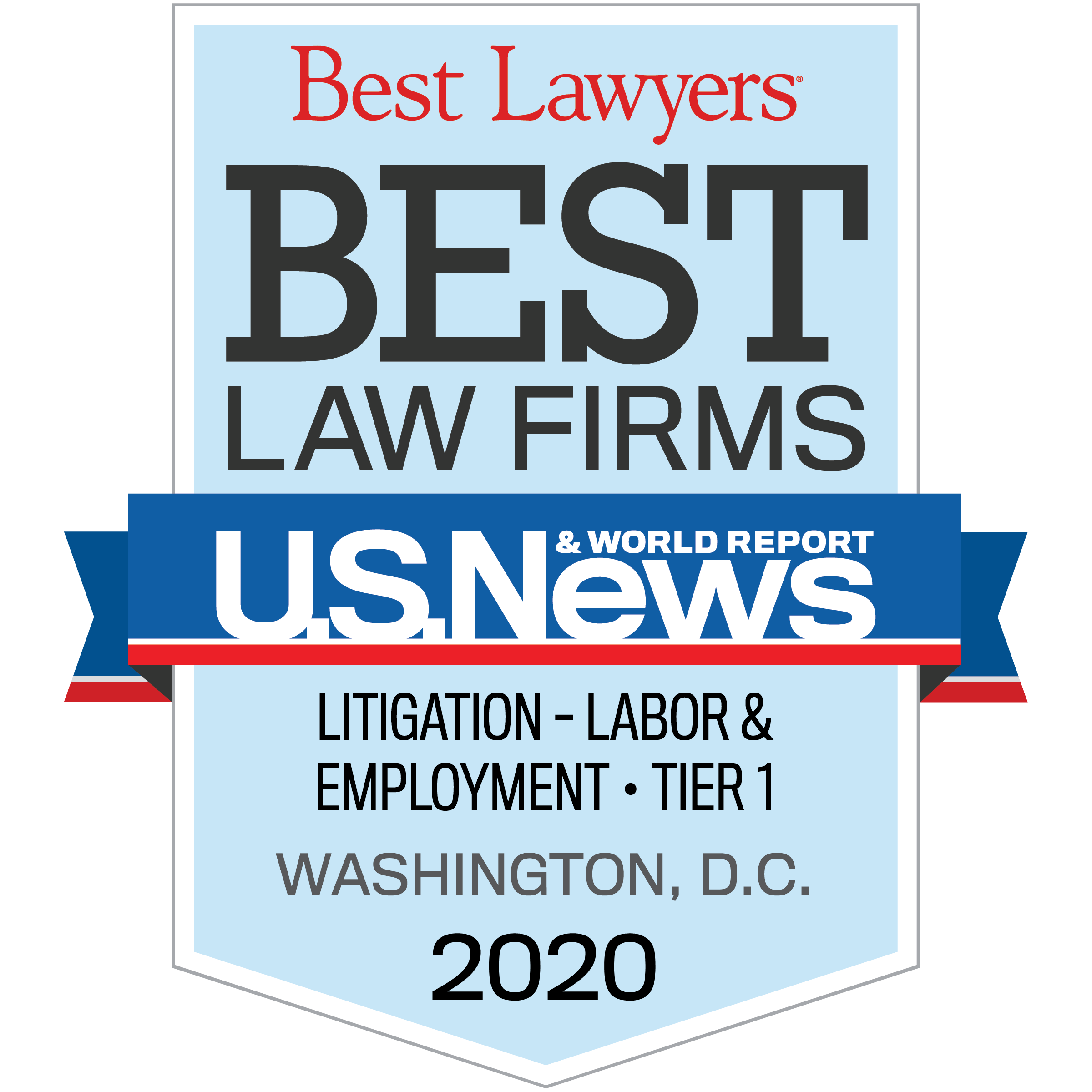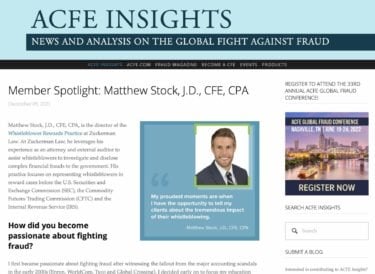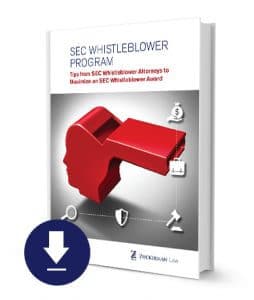
Deceptive Non-GAAP Accounting and the SEC Whistleblower Program
The SEC has stepped up its enforcement of public companies’ misleading use of non-GAAP financial measures. These measures are susceptible to abuse, and they can distort financial statements and mislead investors. See our recent article in Accounting Today, Deceptive non-GAAP financials will lead to future SEC whistleblower awards, for details on the recent increase in deceptive non-GAAP financials. The SEC has established an internal task force to investigate public companies’ use of misleading non-GAAP accounting.
The SEC Whistleblower Program provides awards to whistleblowers when they provide original information to the SEC that leads to a successful enforcement action with total monetary sanctions in excess of $1 million. A whistleblower may receive an award of between 10% and 30% of the total monetary sanctions collected. If represented by counsel, a whistleblower may submit a tip anonymously to the SEC. The largest SEC whistleblower awards to date are $114 million and $50 million.
If you have information that may qualify for an SEC whistleblower award, contact the Director of our SEC whistleblower practice at [email protected] or call our leading SEC whistleblower lawyers at (202) 930-5901 or (202) 262-8959.
All inquiries are confidential. In conjunction with our courageous clients, we have helped the SEC halt multi-million dollar investment schemes, expose violations at large publicly traded companies and return funds to defrauded investors.
See our tips for SEC whistleblowers and Forbes column about the success of the SEC whistleblower program.






Recently the Association of Certified Fraud Examiners published a profile of SEC whistleblower lawyer Matt Stock’s success working with whistleblowers to fight fraud:
Non-GAAP Financial Accounting Requirements
Under SEC Rules, companies are required to meet certain disclosure and reporting requirements in order to issue non-GAAP financial measures. These requirements include but are not limited to compliance with:
- Regulation G, which requires public companies that disclose or release non-GAAP financial measures to include a presentation of the most directly comparable GAAP financial measure and a reconciliation of the disclosed non-GAAP financial measure with the most directly comparable GAAP financial measure; and
- Item 10 of Regulation S-K and Item 10 of Regulation S-B, which require public companies to include a statement concerning the use of non-GAAP financial measures in filings. This statement should include: (1) reasons why management believes that the non-GAAP presentation provides useful information to investors regarding the company’s financial condition and results of operations; and (2) to the extent that they are material, any additional purposes for which the company uses the non-GAAP financial measures.
Deceptive Non-GAAP Financials
In addition to complying with the stated SEC Rules, issuers that report non-GAAP financial measures must ensure that the financial statements and disclosures are not deceptive. In new guidance, the SEC explains that certain adjustments, although not explicitly prohibited, may violate Rule 100(b) of Regulation G if they cause the presentation of the non-GAAP measures to be misleading. For example, a company would violate Regulation G by failing to present information consistently from one period to the next.
SEC Chair Mary Jo White highlighted the agency’s focus on non-GAAP measures in a December 2015 speech:
This area deserves close attention, both to make sure that our current rules are being followed and to ask whether they are sufficiently robust in light of current market practices. Non-GAAP measures are allowed in order to convey information to investors that the issuer believes is relevant and useful in understanding its performance. By some indications, such as analyst coverage and press commentary, non-GAAP measures are used extensively and, in some instances, may be a source of confusion.
According to a recent article Earnings surprises are bigger, thanks to growing use of non-GAAP metrics, many companies are using non-GAAP metrics to manipulate earnings. In particular, a study by Paul A. Griffin and David H. Lont found that about 90% of S&P 500 companies use at least one non-GAAP measure in earnings releases. Their study titled “Evidence of a Positive Trend in Positive Quarterly Earnings Surprise over the Past Two Decades” is available here.
SEC Enforcement Actions Against Deceptive Non-GAAP Reporting
In its first enforcement action brought under Regulation G, the SEC brought charges against SafeNet Inc. for using non-GAAP financial measures to issue materially false and misleading information concerning its financial condition. According to the SEC’s complaint, SafeNet’s management used improper adjustments to meet or exceed quarterly earnings targets. These adjustments included the improper classification of ordinary operating expenses as non-recurring integration expenses and the improper reduction of accruals for professional fees and inventory reserves. The SEC required SafeNet to pay a civil penalty of $1 million.
In another enforcement action, on January 18, 2017, the SEC charged New York-based marketing company, MCD Partners, a $1.5 million penalty for improper use of non-GAAP measures. According to the SEC’s order, the company presented inconsistent non-GAAP measures without disclosing investors of the changes. This inconsistency allowed the company to deceptively inflate its “organic revenue growth” results. In addition, MDC Partners also failed to give GAAP metrics equal or greater prominence to non-GAAP metrics in its earnings releases.
On August 1, 2019, Brixmor Property Group Inc., a publicly-traded real estate investment trust, agreed to pay a $7 million penalty in connection with a scheme to manipulate a key non-GAAP metric relied on by analysts and investors to evaluate the company’s financial performance. The SEC’s complaint alleges that from the third quarter of 2013 to the third quarter of 2015, Brixmor CEO Michael Carroll, CFO Michael Pappagallo, CAO Steven Splain and Senior VP of Accounting Michael Mortimer improperly adjusted Brixmor’s same property net operating income in order to report quarterly numbers that hit the Company’s publicly-issued growth targets.
SEC Whistleblower Program
Under the SEC Whistleblower Program, whistleblowers may be eligible for monetary awards if they voluntarily provide the SEC with original information about violations of federal securities laws that leads the SEC to bring a successful enforcement action that results in monetary sanctions exceeding $1 million. Since 2012, the SEC Whistleblower Office has issued nearly $1 billion in awards to whistleblowers.
SEC Whistleblower Process
SEC Whistleblower Awards
Whistleblowers are eligible to receive between 10% and 30% of the monetary sanctions collected. In October 2020, the SEC awarded a whistleblower $114 million for providing key information that led to a successful enforcement action.
For more information about the SEC Whistleblower Program, see our eBook Tips from SEC Whistleblower Attorneys to Maximize an SEC Whistleblower Award. Click below to hear SEC whistleblower lawyer Matt Stock’s tips for SEC whistleblowers:
Protections for SEC Whistleblowers Disclosing Use of Non-GAAP Financial Measures
The SEC Whistleblower Program also protects the confidentiality of whistleblowers and does not disclose information that might directly or indirectly reveal a whistleblower’s identity. Furthermore, the Dodd-Frank Act and Sarbanes-Oxley Act protect whistleblowers from retaliation by their employers for reporting potential violations of securities laws.
Call our leading SEC whistleblower protection lawyers today at 202-262-8959.
SEC Whistleblower Law Firm
For more information about whistleblower rewards and bounties, contact the SEC whistleblower lawyers at Zuckerman Law at 202-262-8959.
To learn more about the SEC Whistleblower Program, download Zuckerman Law’s eBook: SEC Whistleblower Program: Tips from SEC Whistleblower Attorneys to Maximize an SEC Whistleblower Award:
whistleblower_lawyers_012017_infographic









